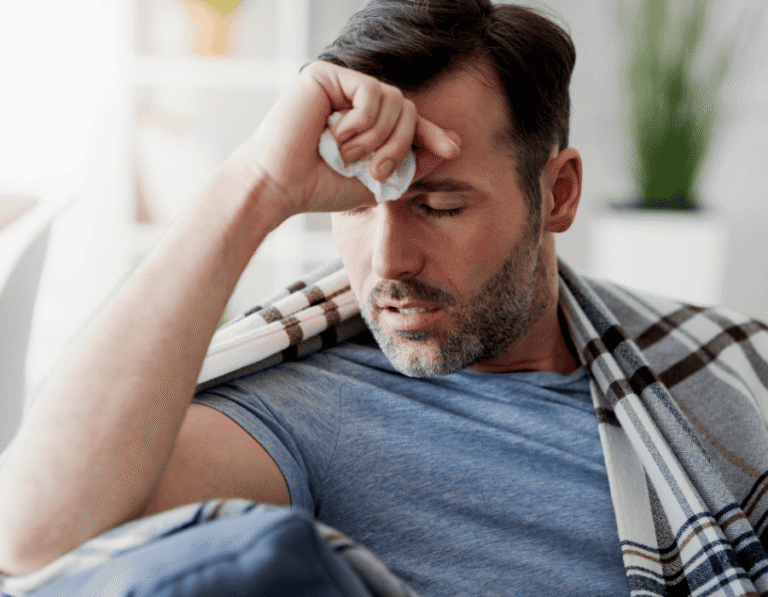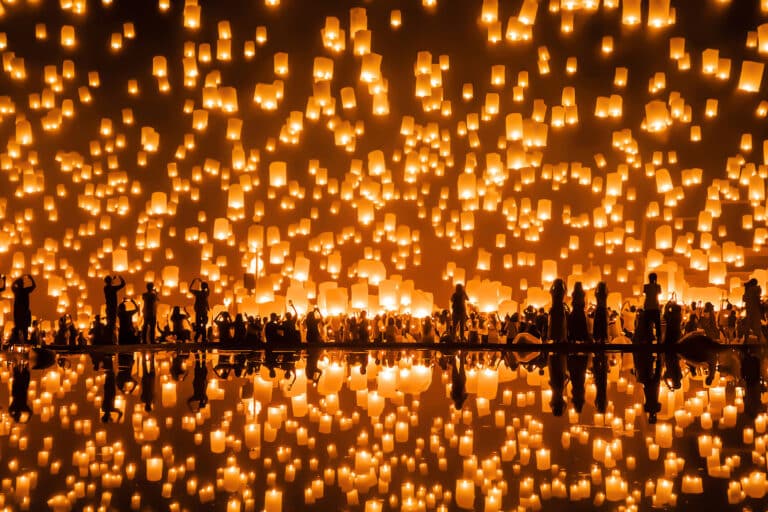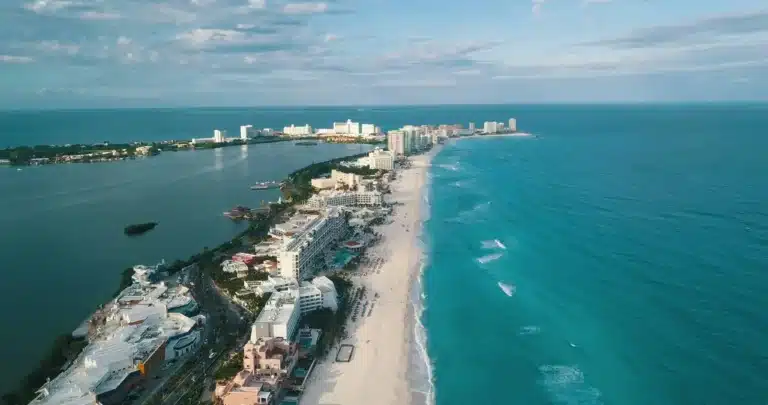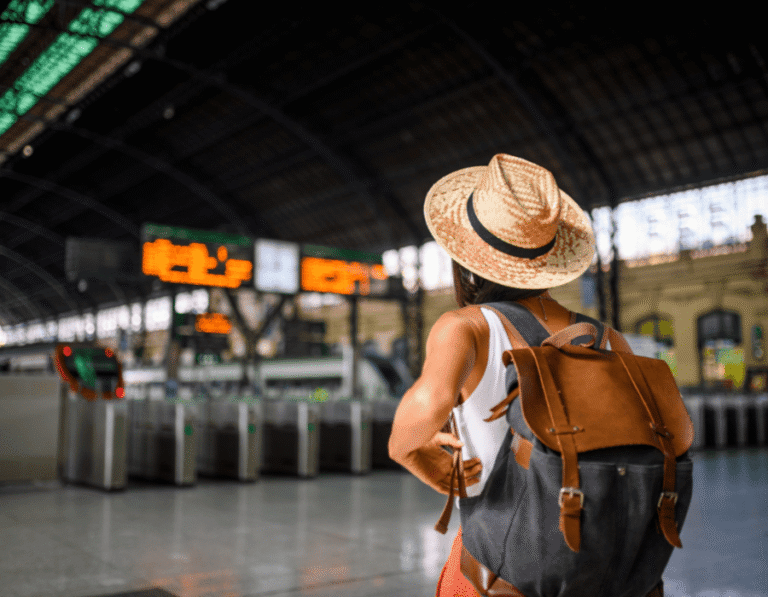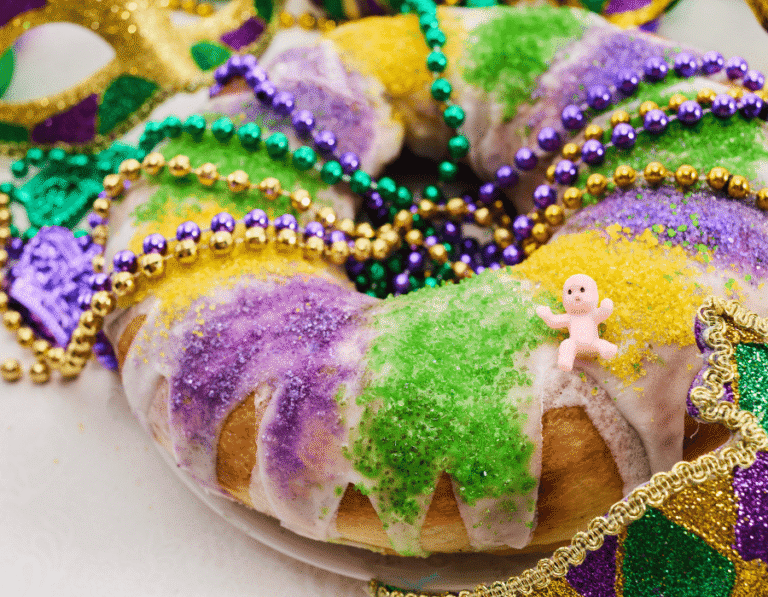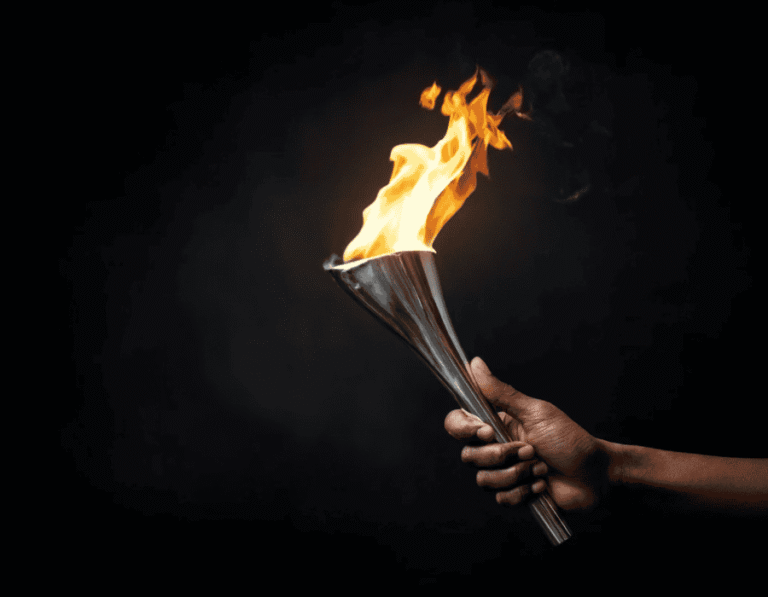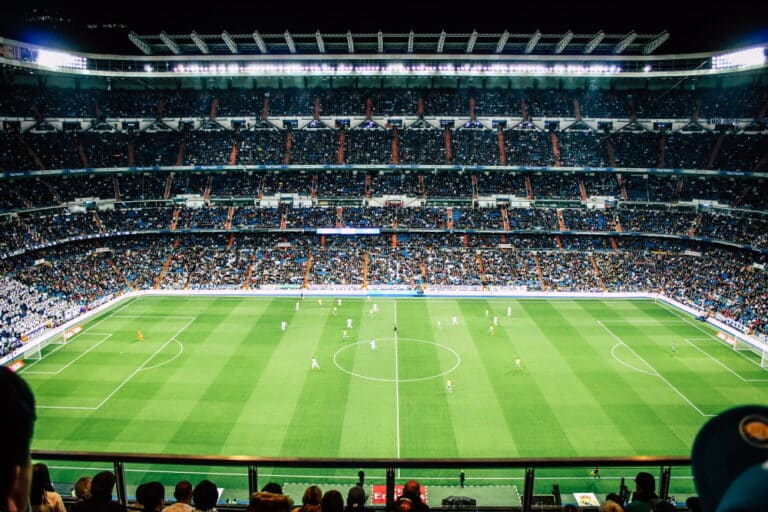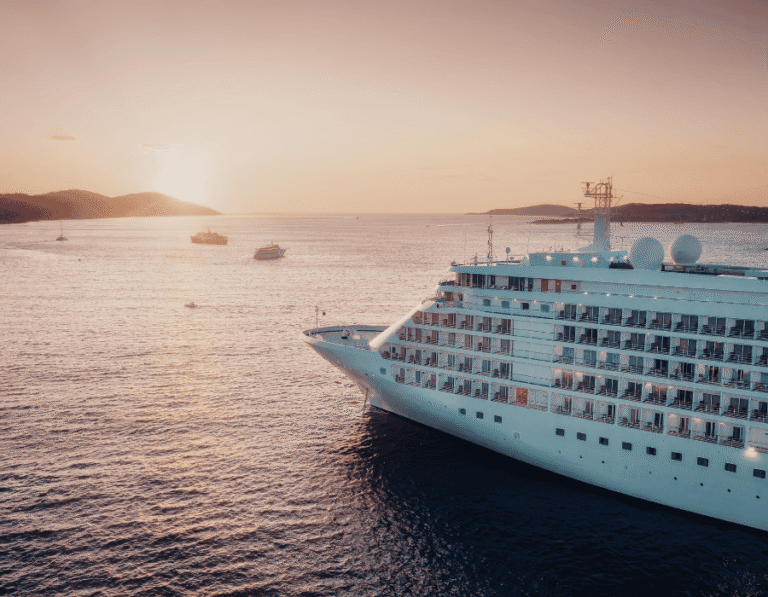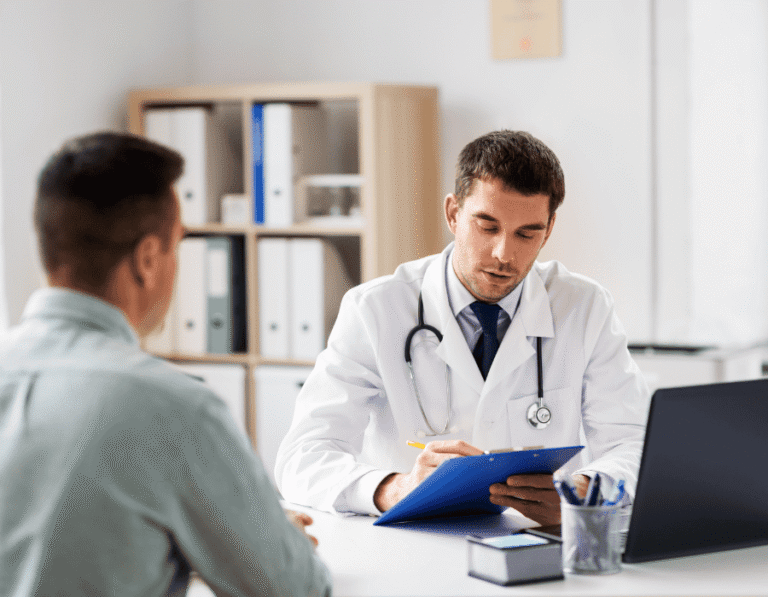Manila is the colorful, chaotic heart of the Philippines — a city where historic churches sit alongside mega malls, street food carts share space with five-star restaurants, and you’re never far from a friendly face. But even the best adventures can take a turn if you start feeling sick. Whether you’ve caught a stomach bug from trying local delicacies, got a bit too much sun exploring Intramuros, or just feel off from the tropical heat — don’t worry.
Manila has modern private clinics, well-stocked pharmacies, and English-speaking doctors ready to help you feel better fast. This guide is your everything-you-need-to-know plan for what to do if you’re sick in Manila — from emergency numbers and local tips to insurance info and staying healthy while you recover.
Feeling Sick In Manila? You’re Not Alone
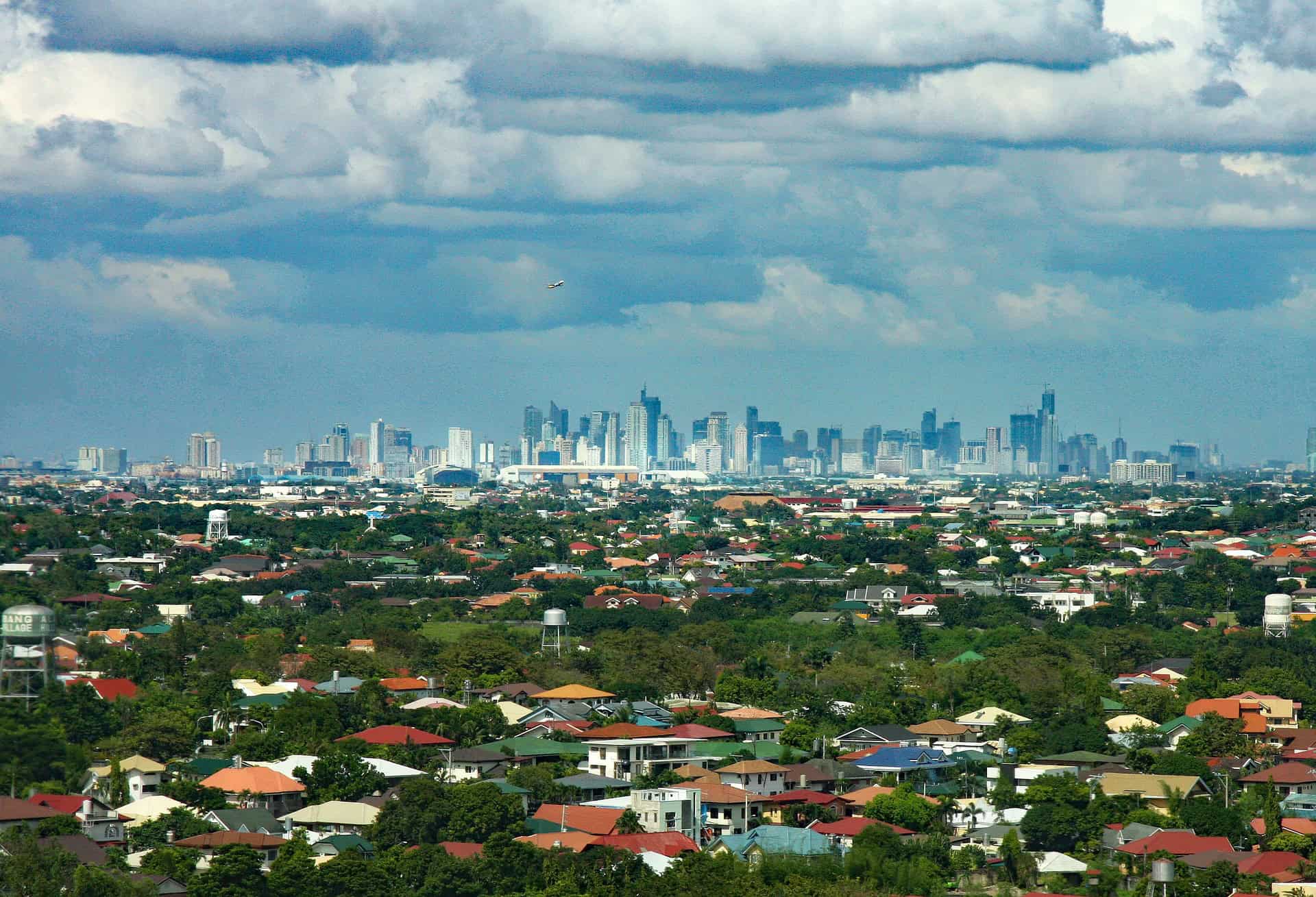
It can feel overwhelming to be unwell far from home — but you’re not the first traveler to feel rough in the Philippines, and you won’t be the last. Manila locals are known for being warm and welcoming. If you need help, don’t be shy to ask your hotel staff, host, or even the nearest friendly stranger — they’ll usually go out of their way to assist you.
How Manila’s Healthcare System Works
The Philippines has both public hospitals and private healthcare options. For locals, both are common — but visitors almost always prefer private clinics and hospitals because they’re faster, cleaner, and more likely to have staff who speak fluent English.
Public vs. Private
- Public hospitals: Fine for locals but expect long waits, crowds, and possible language challenges.
- Private clinics & hospitals: Faster appointments, shorter waits, more comfortable facilities, and clearer communication. You’ll pay upfront, but good travel insurance will cover it.
Tip: Keep your passport and travel insurance details with you if you visit a doctor — they’ll probably ask for these.
When To See a Doctor
Some travel bugs clear up with bottled water, rest, and a quick pharmacy stop. But don’t tough it out if you feel worse. See a doctor if you have:
- High fever that doesn’t drop after a day
- Stomach pain that feels severe or constant vomiting
- A bite that’s red, swollen, or looks infected
- Rashes that spread quickly
- Sudden breathing trouble, chest pain, or allergic reactions
When in doubt, get it checked — local doctors are experienced and will give you clear advice.
Emergency Medical Care in Manila
Here’s what you need to know about getting emergency medical care in Manila.
Important Numbers
- 911 — National emergency hotline for ambulance, fire, and police.
Save this on your phone when you arrive. Always have your accommodation address written down in both English and Tagalog if possible. Hotel staff will happily help you call for help if needed.
When To Call an Ambulance
You should call 911 if you or someone you’re with experiences:
- Major injuries (car accident, bad fall)
- Sudden chest pain or difficulty breathing
- Severe allergic reaction (swelling, trouble swallowing)
- Unconsciousness or sudden confusion
- Signs of heatstroke (extreme headache, dizziness, fainting)
If you’re unsure, always call — and ask your hotel or a local to help explain your location if needed.
Pharmacies in Manila: Your First Stop for Small Issues
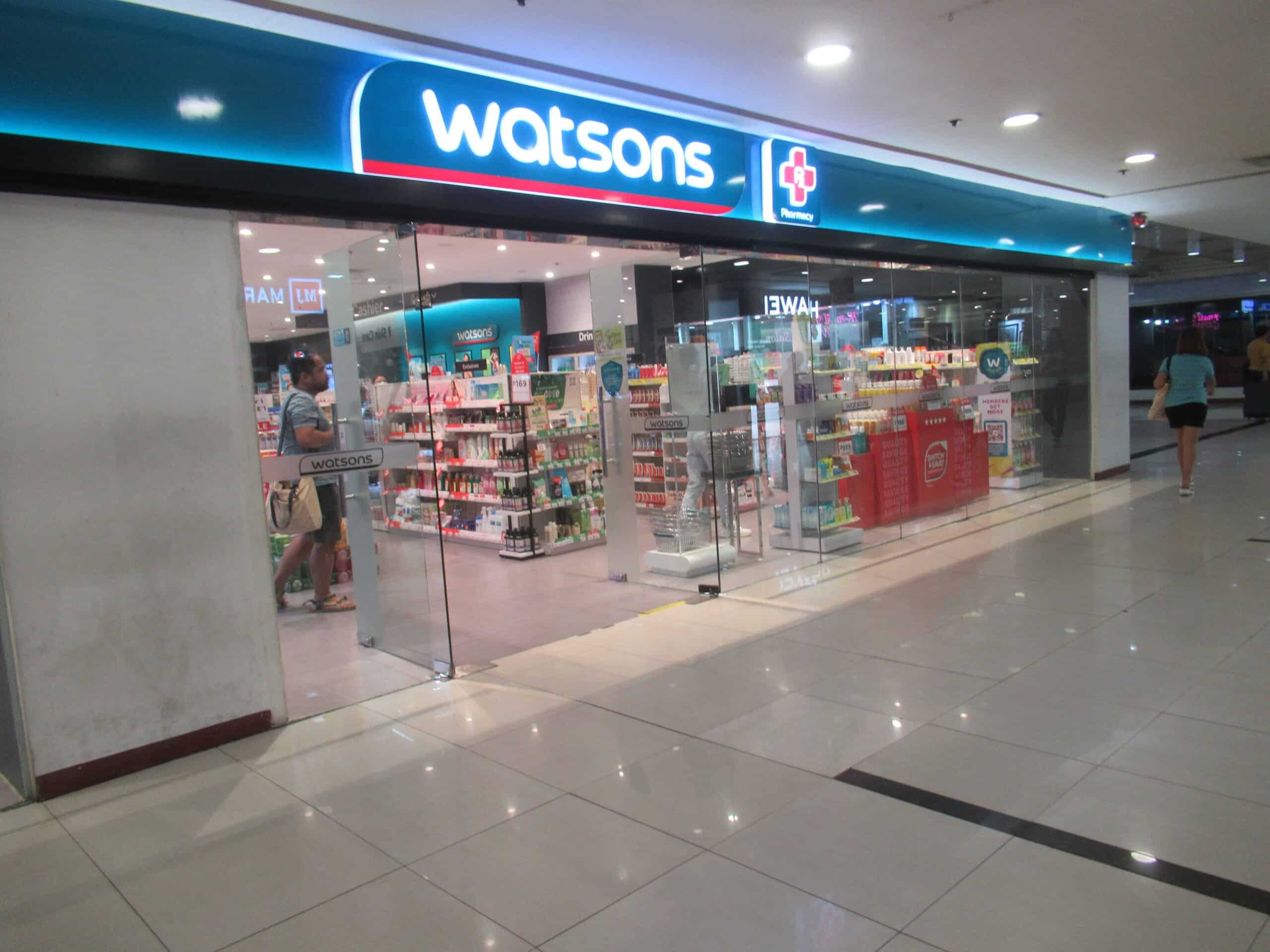
Manila’s pharmacies are well-stocked, and most pharmacists speak good English. You’ll find them attached to major shopping malls, supermarkets, or stand-alone stores on busy streets.
They can help with:
- Pain relief
- Cold and flu remedies
- Stomach meds and oral rehydration salts
- Creams for minor rashes or mosquito bites
Late-night help: Many areas have 24-hour pharmacies, but opening hours vary by neighborhood. Ask your hotel concierge or local host for the closest open branch.
What To Know About Travel Insurance
Travel insurance can feel like an extra cost — but it’s a lifesaver when you get sick abroad. Private clinics in Manila usually expect you to pay upfront, so keep all receipts to claim later.
What To Keep For a Claim
- A doctor’s note or medical report
- All payment receipts for consultations, tests, or medicine
- Your travel insurance policy number
Tip: Take photos of your paperwork on your phone in case anything gets lost.
If you’re unsure what your policy covers, call your insurer’s helpline first — some bigger clinics may even have direct billing agreements with certain international insurers.
Handy Phrases for Peace of Mind
Manila is one of the most English-friendly cities in Asia — you’ll find English spoken at most private clinics, hospitals, and pharmacies. But it can help to know a few local phrases if you ever need them.
- “I need a doctor” — Kailangan ko ng doktor
- “It hurts here” — Masakit dito
- “Do you speak English?” — Marunong ka bang mag-Ingles?
Or skip the guesswork — use Air Doctor to book English-speaking doctors only.
How To Stay Healthy in Manila
A few simple habits help you avoid falling ill in the first place:
- Stick to bottled water — Manila tap water isn’t always safe to drink.
- Use ice only if you know it’s made from filtered water.
- Wash your hands frequently or carry sanitizer, especially after street food.
- Be picky with where you eat street food — busy stalls with high turnover are usually safest.
- Stay hydrated. Manila can be hot and humid — it’s easy to get dehydrated without realizing it.
- Use mosquito repellent if you’re spending time in parks, gardens, or near standing water.
Special Tips for Families & Pregnant Travelers
Manila is a family-friendly city — private hospitals have pediatricians who know exactly how to help when your child picks up a tummy bug or an ear infection.
Pregnant travelers should:
- Pack extra prenatal vitamins and any medication — keep these in your hand luggage.
- Bring a copy of your medical history.
- Research the nearest private hospital with OB-GYN services ahead of time.
- Use Air Doctor to find local OB-GYNs if you’d feel better having one on call.
Finding an English-Speaking Doctor in Manila
Scrolling endless Google Maps results when you feel feverish is the last thing you want. Air Doctor makes it simple — you can search for trusted, vetted, English-speaking doctors in Manila, read real reviews, check pricing, and book same-day or next-day appointments.
Whether you want to visit a clinic, see someone virtually, or get a hotel/villa visit — you’re covered.
Getting Help Beyond Healthcare
If you need extra help — replacing medication, lost passports, or arranging an emergency flight — reach out to your embassy or consulate. Always keep their number saved in your phone before you travel.
Recap: Sick in Manila? Here’s Your Plan
- Use private clinics for faster, clearer, English-friendly care.
- Call 911 for serious emergencies.
- Use pharmacies for minor issues, but don’t tough it out if it drags on.
- Keep all receipts for your insurance.
- Drink bottled water, wash your hands, and stay cool and hydrated.
About Air Doctor
With the Air Doctor app in your pocket, you can access medical care and receive expert medical guidance anywhere you travel.
Air Doctor offers a wide range of benefits, including:
- A global network of over 20,000 multi-lingual doctors and specialists
- Choice of clinic, at-home (hotel), and video consultations
- Healthcare access in 90 countries
- 24/7 multi-lingual support
- Transparent pricing and reviews
- Most common medical specialties, including gynecologists, pediatricians, and cardiologists
FAQs
No — public hospitals are free for locals but you’ll likely use private care as a visitor. Always expect to pay upfront and claim through travel insurance.
A private consultation can range from about PHP 1,000–4,000 (around USD $20–$70), depending on what you need.
Street food is delicious — just stick to busy stalls with high turnover, make sure food is freshly cooked, and wash your hands after. When in doubt, listen to locals’ recommendations.


